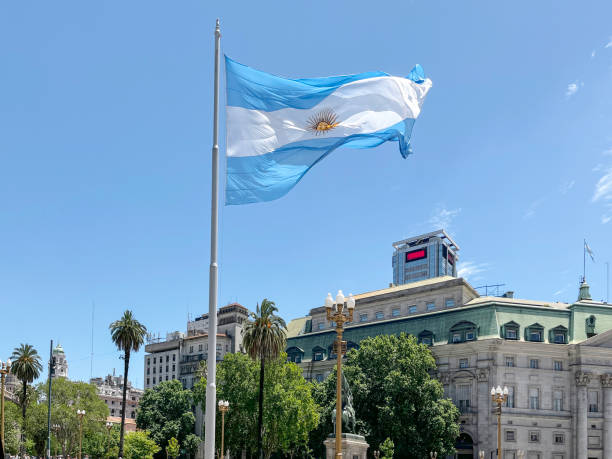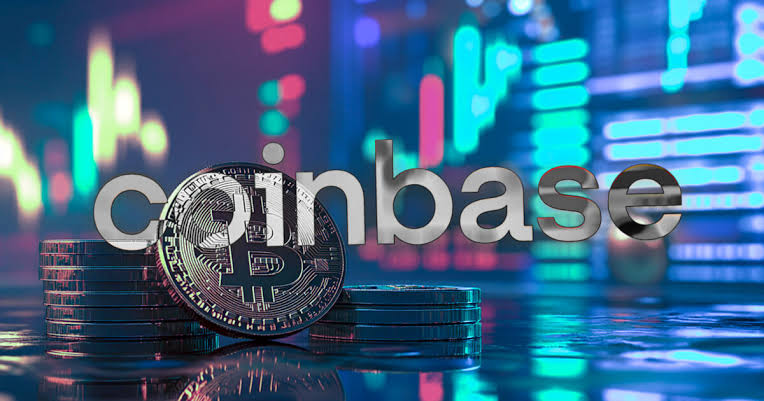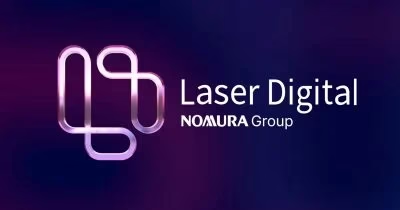Laser Digital Holdings, the digital asset subsidiary of Nomura Holdings, is preparing to apply for a Japan crypto license, according to a Bloomberg report. The Switzerland-based firm is in pre-consultation talks with Japan’s Financial Services Agency (FSA) as it seeks approval to provide institutional-grade crypto trading services.
If granted, the Japan crypto license would allow Laser Digital to act as a broker-dealer, offering services to both traditional financial institutions and digital asset exchanges operating in the country. The move reflects growing institutional interest in regulated crypto services in Japan, where trading volumes have risen sharply in 2025.
“Japan has established itself as one of the most progressive regulatory markets for digital assets,” — Jez Mohideen, CEO of Laser Digital, told Bloomberg. “Securing a Japan crypto license would position us to serve institutional clients with transparency and scale.”
Rising demand for digital assets in Japan
The timing of Laser Digital’s application coincides with renewed investor enthusiasm in the Japanese crypto market. Data from the Japan Virtual and Crypto Assets Exchange Association (JVCEA) shows that crypto transactions in Japan more than doubled in just seven months this year, reaching 33.7 trillion yen ($230 billion).
Analysts suggest this surge is being driven by a combination of favorable regulations, institutional participation, and a stronger yen-linked trading environment.
Japan’s clear regulatory framework is one of the main reasons why volumes are accelerating, — Akiyoshi Nakayama, senior researcher at Tokyo-based Crypto Research Lab, told Nikkei Asia. A firm like Laser Digital applying for a Japan crypto license underscores how attractive the market has become for global players.
If approved, Laser Digital will join a growing number of international firms leveraging Japan’s structured regulatory regime to offer trading, custody, and yield-based products.
Laser Digital’s global strategy and setbacks
Founded in 2022, Laser Digital has positioned itself as a diversified digital asset company with offerings in asset management, venture capital, and trading. The firm already holds a full digital asset license in Dubai, obtained in 2023, and established its Japanese unit later that year.
The company has also introduced institutional-grade products such as the Bitcoin Adoption Fund and Ethereum Adoption Fund, giving investors regulated exposure to major crypto assets, sometimes with yield enhancements through staking mechanisms.
However, Laser Digital has faced challenges on its path to profitability. Nomura reported quarterly losses in Europe in part due to what it described as Laser’s “not very good” performance. Initially, Mohideen predicted the subsidiary would turn profitable within two years of its launch, though he has since acknowledged that breaking even may take longer.
Despite setbacks, the pursuit of a Japan crypto license suggests Nomura remains committed to its long-term strategy of positioning Laser Digital as a leader in regulated digital assets.
Nomura’s broader push into crypto and Web3
Laser Digital’s ambitions in Japan align with Nomura’s broader strategy of expanding into crypto and Web3 through its subsidiaries. Beyond ETFs and adoption funds, Laser has partnered with GMO Internet Group to explore the creation of stablecoins, including JPY- and USD-pegged tokens. These would be part of a “Stablecoin-as-a-Service” model that integrates regulatory compliance, blockchain infrastructure, and back-end support for corporate clients.
In October 2024, Nomura-backed custodian Komainu acquired Singapore-based Propine, fueling speculation that Nomura would continue to acquire or partner with crypto firms to strengthen its presence in digital asset custody.
Nomura’s long-term strategy is clear as it sees crypto as an inevitable part of the global financial system, — Clara Medalie, Director of Research at Kaiko, told CoinDesk. The application for a Japan crypto license is a natural step in expanding regulated access for institutions.
Competitive landscape and regulatory clarity
The Japan crypto license process is rigorous, requiring applicants to meet capital adequacy, custody, and compliance standards set by the FSA. However, Japan’s relatively clear rules on digital assets have made it a preferred jurisdiction compared to markets where regulations remain uncertain.
International firms such as Coinbase and Binance have previously sought Japanese regulatory approval, underscoring the country’s growing role as a regional hub for digital assets. Laser Digital’s application could further strengthen Japan’s reputation as a market where compliance and innovation go hand in hand.
As global regulators continue to scrutinize the sector, Japan’s model may provide a template for balancing investor protection with market growth. If approved, the Japan crypto license would enable Laser Digital to become a key player in this evolving ecosystem, potentially unlocking new opportunities for institutional adoption.
Going Forward
Laser Digital’s pursuit of a Japan crypto license reflects the increasing integration of digital assets into traditional finance. Backed by Nomura, the firm is well-positioned to capitalize on Japan’s rapidly growing market, even as it works to overcome profitability challenges.
For crypto investors, the application highlights Japan’s role as a leading jurisdiction for compliant digital asset services. For policymakers, it raises broader questions about how best to regulate innovation while fostering sustainable market growth.
If successful, Laser Digital’s expansion could signal the start of a new era in Japan’s crypto sector, where global institutions and domestic regulations converge to shape the future of finance.










